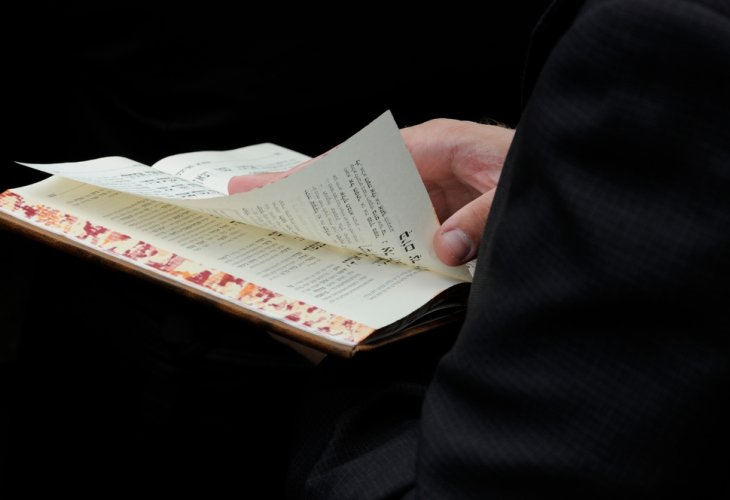Torah Personalities
Rabbi Yaakov Pollak and the Controversy That Changed Jewish History
How a bold halachic (Jewish legal) decision and a new Torah center in Poland shaped Ashkenazi Jewry for generations
 (Photo: shutterstock)
(Photo: shutterstock)A Halachic Storm: The Case of Miyyun
In 1493, Rabbi Yehuda Mintz, a leading Ashkenazi authority from Mainz, convened an emergency meeting of the rabbinical court. The issue: a young Torah scholar named Rabbi Yaakov Pollak had ruled on a controversial matter and permitted a young girl to annul her marriage through a halachic (Jewish legal) mechanism known as miun.
Miun is a law that allows a girl under the age of 12, an orphan who does not have a father and was married off by her mother or brother without her father’s consent, to annul her marriage retroactively. Though technically permitted by halacha (Jewish law), the practice had been banned in Ashkenaz by Rabbi Menachem of Merseburg a generation earlier. Rabbi Yaakov Pollak, then serving as a rabbi in Prague, defied this ban and ruled in favor of miun, igniting a fierce dispute in the Torah world.
The Shift to Eastern Europe
At the time, Ashkenazic Jewry was weakening due to political instability and anti-Jewish decrees. While Torah leaders still hailed from the West, Jews were slowly migrating eastward. There were no major yeshivot yet in Eastern Europe, but Rabbi Yaakov Pollak's case symbolized the broader transition: new centers of Torah were emerging, not always bound to the traditions of old Ashkenaz.
Rabbi Pollak believed he was qualified to rule independently, but Rabbi Yehuda Mintz disagreed, warning that if Rabbi Pollak did not retract his decision, he should be stripped of his status. Rabbi Pollak ultimately left Prague and journeyed further east, to the land of Poland where Torah communities had not yet been established.
Founding the Kraków Yeshiva and a New Torah Era
There, Rabbi Yaakov Pollak founded the first yeshiva in Poland, in the city of Kraków. He attracted young Jewish men and taught them using a unique and innovative method of dialectical reasoning known as shitat hachilukim, the method of distinctions.
Even in Poland, however, his critics followed him, attempting to delegitimize his authority. But Rabbi Pollak had strong connections. His mother-in-law was a financial advisor to Queen Elizabeth of Austria, and Rabbi Pollak forged relationships with the Polish government. King Sigismund I eventually issued a royal decree forbidding anyone from harassing or obstructing him. Rabbi Pollak was officially recognized as the Chief Rabbi of Polish Jewry.
The Legacy of a Leader
Freed from opposition, Rabbi Yaakov Pollak devoted himself to Torah education. Under his leadership, Poland became a new center of Torah life. Among his students were Rabbi Shachna (father-in-law of the Rema), the Maharal of Prague, and the Maharshal, all of whom would become pillars of Torah in their own right. Within a generation, Torah teachers were being sent from Poland to Western Europe to spread knowledge.
Rabbi Pollak’s ruling on miun ultimately gained acceptance. The Rema, in his glosses to the Shulchan Aruch, explicitly supports the ruling: "All agree that if the girl is under 12, she may annul the marriage, even today. And so ruled Rabbi Yaakov Pollak, of blessed memory. This is contrary to those who are strict and claim that miun no longer applies today" (Even HaEzer 155).

